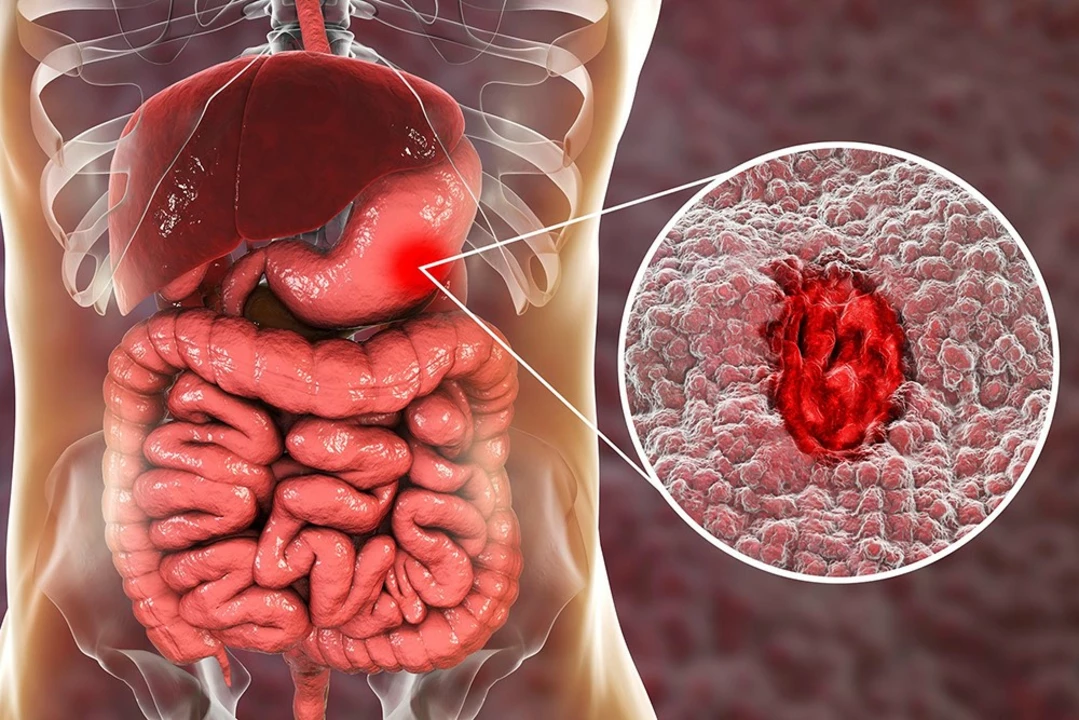Health and Nutrition: Practical Tips for Food, Supplements, and Digestion
Want straightforward tips to eat better, manage digestion, and pick useful supplements? This page gives clear, practical steps you can use today. I highlight foods that help digestion, brief supplement notes, and simple ways to test how certain foods affect you.
Arrowroot: a useful, gentle starch
Arrowroot is a mild, grain-free starch often used to thicken sauces and soothe upset stomachs. It contains resistant starch that can feed good gut bacteria and settle loose stools. Try stirring a teaspoon into yogurt or using it to thicken soups instead of corn starch. For baking, it works well as part of a gluten-free flour mix and gives a light texture.
You can start with small amounts and watch how your body reacts. If you have blood sugar issues, note that arrowroot still has carbs, so track portions. Choose pure arrowroot powder without added sugars or flavorings.
Spicy Foods and Functional Dyspepsia
Spicy dishes taste great, but capsaicin can irritate sensitive stomachs for some people. If you get recurring heartburn, bloating, or upper belly pain after spicy meals, try cutting back for two weeks and watch for change. Many people notice less nausea and fewer flare ups when they reduce hot spices.
Swap chili for milder seasonings like ginger, turmeric, or fresh herbs. These add flavor and can be gentler on digestion. When you reintroduce spice, add tiny amounts and test in one meal. Keep a simple food log for a week to see patterns.
Simple rules help: eat whole foods, balance protein with vegetables, and include fiber every day. Probiotics can help some people with digestion — choose a product with multiple strains and follow the label. Use supplements to fill gaps, not replace meals.
Plan meals around a basic template: lean protein, a vegetable, a whole grain or starchy option like arrowroot, and a healthy fat. Drink water steadily, avoid large meals before bed, and slow down when you eat. Small changes often make the biggest difference.
If symptoms persist despite changes, see a clinician. Persistent pain, weight loss, repeated vomiting, or dark stools deserve prompt care. A provider can test for causes and suggest targeted treatments.
Try this quick idea: mix one tablespoon of arrowroot with the same amount of cold water to make a slurry, then whisk into simmering soup or sauce until clear and slightly thickened. For a simple dessert, combine arrowroot with milk, a touch of honey, and vanilla, heat gently until it thickens, then chill. These swaps cut processed thickeners and add a gentle texture.
When picking supplements look for third-party testing, clear ingredient lists, and realistic serving sizes. Avoid products promising quick cures. Keep supplement use below recommended doses and tell your doctor about everything you take. Track effects for two to four weeks to see whether a product helps before you keep using it.
Want more tips? Browse our articles on supplements, recipes, and digestive health to build a plan that fits your life.




